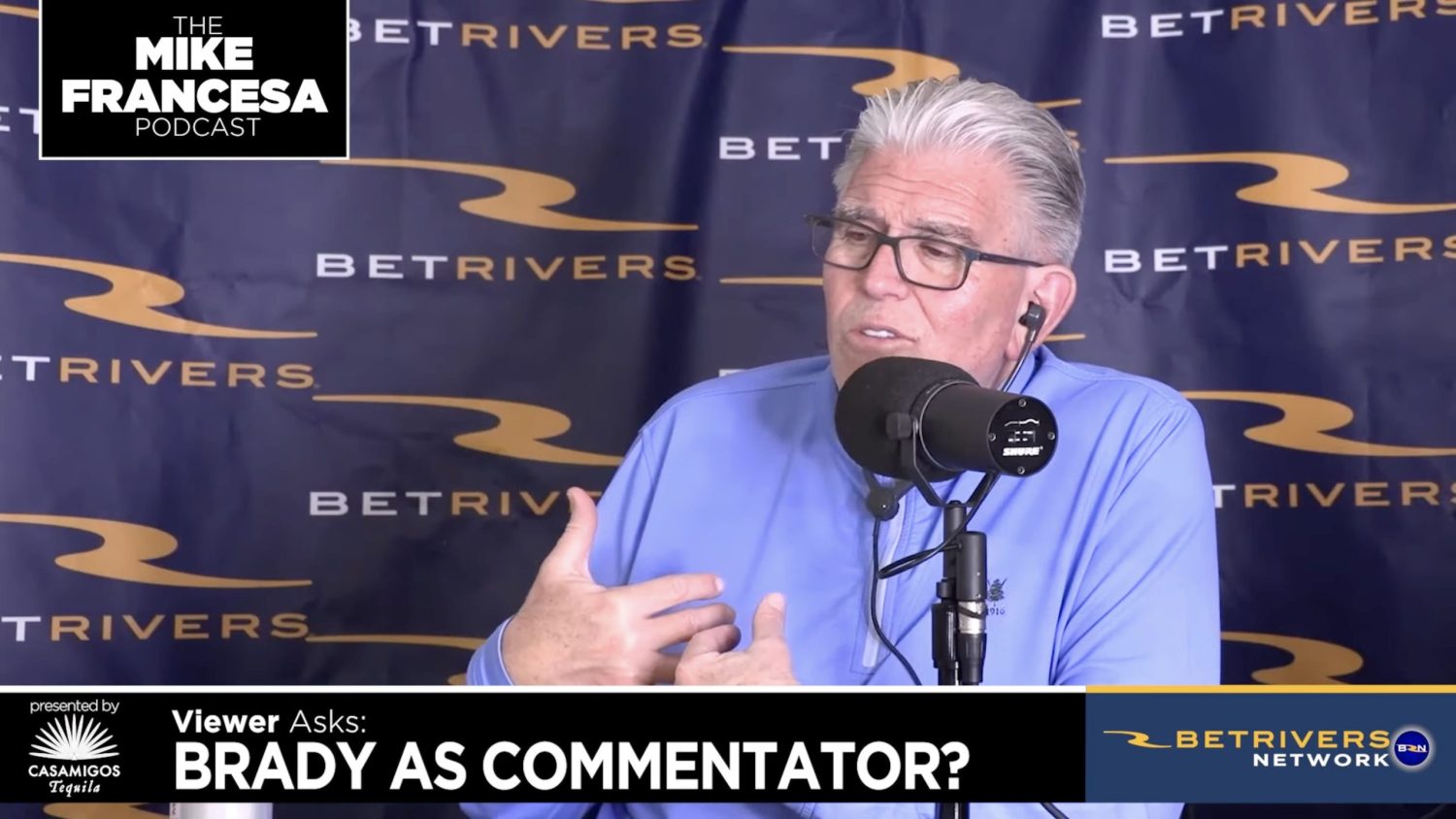For the last two decades, beleaguered sports media execs and veterans have bemoaned about how millennials consume sports content. We read blogs and not game stories; we get our highlights on social media and don’t watch TV; we listen to sports podcasts and turn off sports talk radio.
But in due time, the challenge of capturing millennials will seem like the good old days. We may not pour over the box score in the next day’s paper, but that’s because we’ve already seen it. We enjoy sports, just like our parents. The difference is, we consume content differently.
Today, the challenges are much more existential, and problematic: what if young people don’t like sports at all?
The numbers are dire. According to a new study, only 58% of Gen Zers say they enjoy live sports. That figure aligns with other data about our beloved Zoomers.
Only 23% of Gen Zers say they’re passionate sports fans, compared to 42% of millennials, 33% of Gen Xers and 31% of baby boomers. Even more concerning, 27% of Gen Zers said they dislike sports altogether, compared with just 7% of millennials, 5% of Gen Xers and 6% of baby boomers.
In other words, kids these days aren’t shunning the sports section and logging onto Deadspin. They’re bypassing traditional sports coverage entirely.
There are a myriad of possible explanations: youth sports participation is way down, kids are now addicted to video games and virtual worlds, TikTok is melting everybody’s brain. But the fact is, young people aren’t digging traditional sports these days. The idea of sitting down at a predetermined time to watch a 3-hour game seems so outdated.
That doesn’t mean Gen Zers don’t like competition. There are currently 2.4 billion people playing games online, the New York Times reports. That’s about one-third of the world’s population.
Maybe America’s next great sports section will be found in some form on Twitch or IGN. Don’t just say goodbye to long-form.
Say goodbye to the written word altogether.
In that ominous spirit, Betr, the sports media company and micro betting app co-founded by Jake Paul, is one of the hottest new commodities today. With Paul’s “BS” interview series as its draw, Betr seems to exist for the purpose of funneling people to a gambling app–not too dissimilar from Barstool these days, to be frank.
The company’s social media content is sophomoric, and entirely personality driven. Earlier this year, Betr partnered with the Cavinder twins, who are making millions in NIL deals.
View this post on Instagram
That partnership fits with the times. Paul has over 17 million TikTok followers, and The Cavinder Twins boast 4.5 million. Together, their sports-adjacent content reaches tens of millions of people.
Individuals drive engagement now, not institutions.
And these people go viral. All the time.
So when the previously indefatigable Athletic underwent layoffs last week, it’s understandable why the bewailing among those in the industry took a darker turn. The Athletic cutting 20 writers, and shifting away from team beats, isn’t just indicative of a changing landscape.
It’s indicative of a landscape that may not exist for much longer. As our Jesse Pantuosco put it, The Athletic’s layoffs are part of a vicious cycle killing sports journalism.
That’s right: not changing sports journalism.
Killing it.
Just five years ago, The Athletic was the new “it girl” in town. Awash in venture capital money, the company rapidly expanded its newsroom, moving into nearly 50 markets and covering hundreds of teams. For good measure, they also started covering England’s Premier League (which is now one of its most popular beats, along with the NFL). The Athletic was the place to find an extensive feature story on the NWSL’s institutional failings and Ken Rosenthal’s trade deadline notes column. There was, and still is, so much written content.
The Athletic launched on a promise to restore real sports journalism. Their writers would focus on original reporting, not opinion and aggregation. The Athletic would replace dying sports sections across the country, making it the default homepage for America’s sports fan.
“We will wait every local paper out and let them continuously bleed until we are the last ones standing,” said co-founder Alex Mather in 2017.
For a while, The Athletic was viewed as a savior–and in some ways, it is. It’s created hundreds of good sportswriting jobs. That should be celebrated.
But now, The Athletic is faltering under the same forces that have brought down virtually every sports site. It’s lost a reported $36 million since the New York Times purchase.
And who’s now replacing sportswriters? It isn’t bloggers; but rather, content creators. Dave Portnoy is more famous than every sports columnist in this country combined.
The evidence is clear: Gen Zers aren’t watching team sports like their elders; and thus, they probably aren’t reading about them, either. To reach them, pro sports leagues are beefing up their games on TikTok and e-sports, employing thousands of influencers (the NFL works with about 1,000 influencers alone).
There’s no way sports outlets can compete with that, unless they’re led by stars like Portnoy, Paul and Big Cat. Even Jomboy Media, which seemed suited for this era and completed a $5 million round of funding, is now downsizing.
To most sports media execs, somebody like Jomboy, who rose to fame on Baseball Twitter and boasts more than 515,000 followers, represents the future.
But in reality, he represents the past. The next wave in sports media goes beyond GIFs and interaction.
In some ways, it’s incomprehensible.







